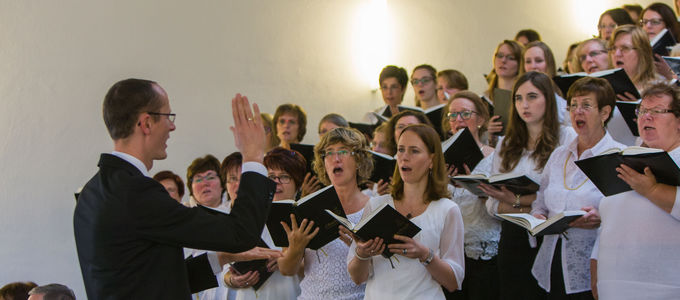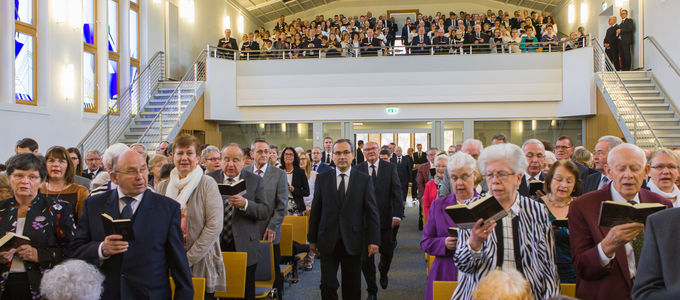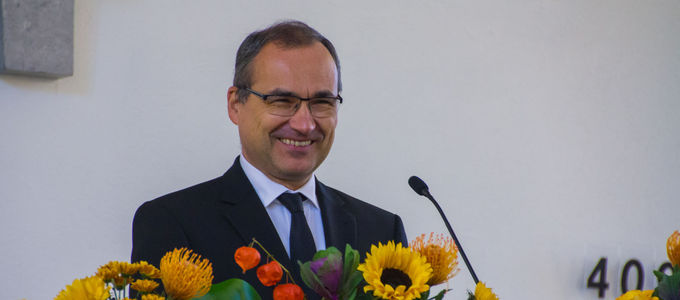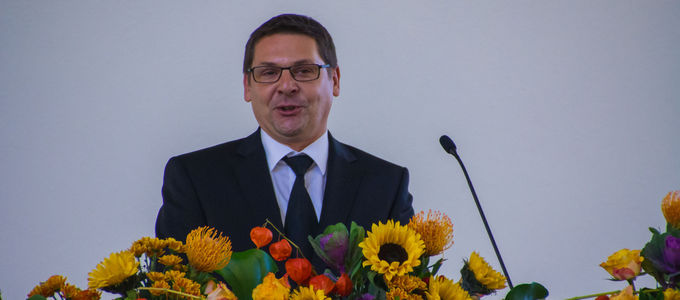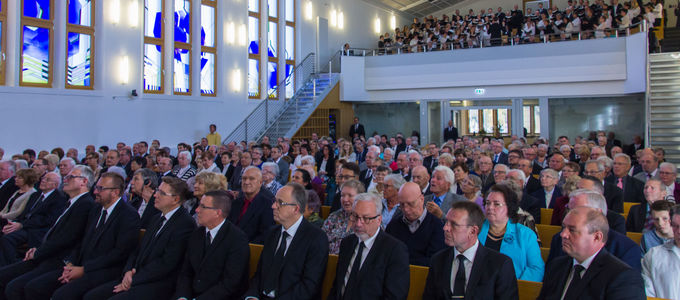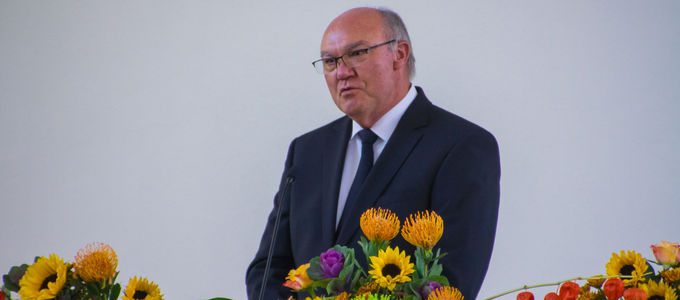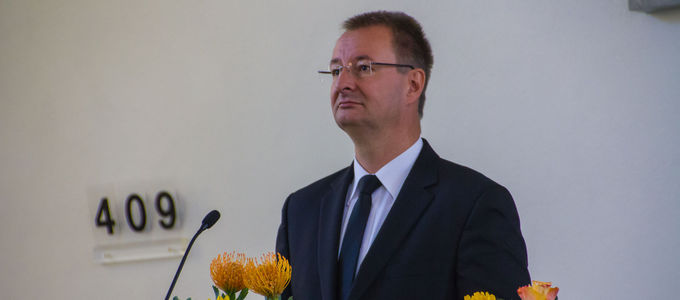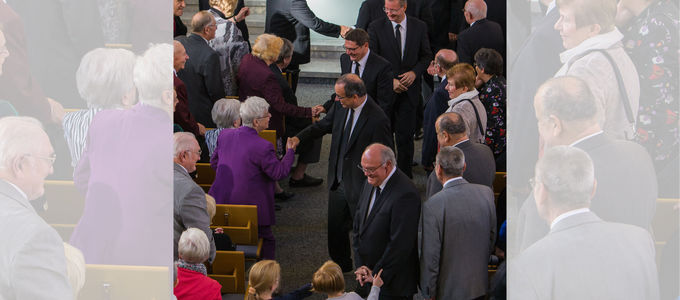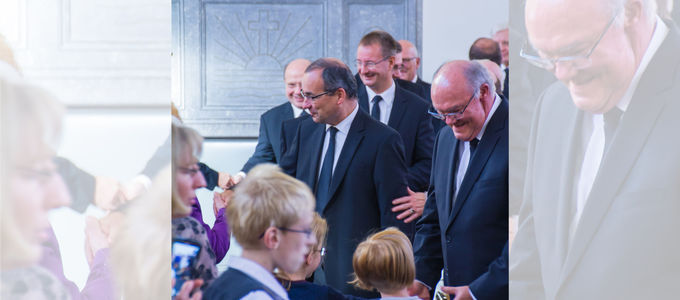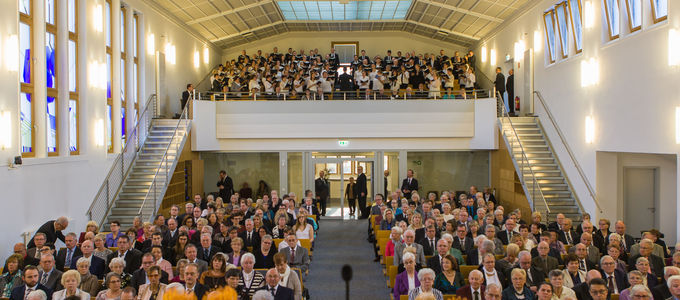
Facebook, Twitter, Instagram. This is how people share what is important for them today. Actually, this is old hat, because with respect to our life of faith, all we have to do is look in the Psalms and in the prophets. Following is a guideline from a divine service by the Chief Apostle.
The church district Rhineland-Palatinate in Germany had a wonderful surprise on 30 October 2016. The District Apostle had been announced, but Chief Apostle Jean-Luc Schneider stepped behind the altar instead. He based the divine service on Psalm 34: 2: “My soul shall make its boast in the Lord; the humble shall hear of it and be glad.”
Showing what is important for us
“Somebody who boasts, brags about himself and is a bit of a show-off, something that does not go down well with people.” But the Bible text is talking about a different kind of boasting: “People want to present a certain image of themselves and show what is especially important for them.” This is common practice in our daily lives, and as an example he mentioned the social networks on the Internet.
“For us, there is nothing more important than God. And this should be visible,” the Chief Apostle said and referred to words by a prophet: “God said a long time ago already through Jeremiah that those who want to glory should glory in the fact that they understand and know Him” (cf. Jeremiah 9: 23).
How we know God …
What do we know about God? And how we do respond to it? These were two questions posed by the Chief Apostle to which he supplied a fivefold answer:
- God is merciful. “He chose us by grace, not because of our accomplishments or our good qualities. We are humble and grateful: humble with respect to God and our fellow human beings, knowing that we are not better than they are.”
- God is compassionate: “He is the Father who always comes and helps us. That is why we have patience and trust. We know exactly that He will not abandon us.
- God is love. “He loves mankind. He loves our neighbour. How could I ever reject or dismiss anyone, knowing that Jesus died for this person.”
- God redeems. “Even if we sometimes do not understand the world any more, we know exactly that Jesus Christ is busy and that He will make sure that nothing will get in the way of His redemption.”
- God perfects and finishes: “He wants to take you and me, the foolish, the weak, the lowly, and the despised, and make something perfect out of us. He wants to make us into His image.”
… and how we respond to this
“Let us talk about this and make it known. The humble, in other words, the lowly and the afflicted should hear this and be glad,” the Chief Apostle said. But who are the afflicted, he asked. Those who have not yet come to know God.
- “If they get to know us as being humble and grateful, they will understand that they too have a chance to come to God.”
- “We have patience and trust, even if things are going bad for us. People can conclude from this: God can also help me.”
- “Because we know that Jesus loves our neighbour, we want to love him too so that he can experience the love of Jesus.”
- “Many people feel unsettled and are anxious. They do not understand the world any more. How beautiful if we as children of God can say: ‘I do not understand it myself, but I am not anxious. Things will develop as God deems fit, and the end will be good.’ This gives a sense of security.”
- “God is the finisher, and this makes us happy and excited. This excitement is not attributed to the number of members or all the things we do. The reason for my joy is the activity of God, not the activity of mankind.”
In summing up, the Chief Apostle said: “We know God. He is grace and love, and He helps and delivers and leads to perfection. Our gratitude, our trust, our love, our hope, and our joy testify of our gratitude toward God. Our testimony makes it possible for our neighbour to find God.”






